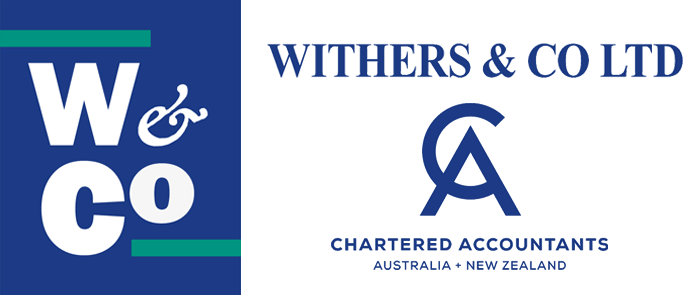Small Business Cashflow Loan Scheme
As another measure to assist eligible small-to-medium businesses adversely affected by COVID-19, the Government has launched the Small Business Cashflow Loan Scheme (SBCS).
From 12 May 2020, businesses employing up to 50 full-time staff may apply to the Inland Revenue Department for loans of $10,000 plus $1,800 per employee. The loans:
- accrue interest at the rate of 3% for a maximum term of five years
- will not be liable for interest if repaid within 12 months, and
- require no repayments for two years
Inland Revenue will administer the scheme. Applications are open through myIR from 12 May 2020 to 12 June 2020. To apply, select ‘Apply for a Small Business loan’ In the ‘I want to’ section of myIR.
What you need to apply
To apply for the SBCS loan you need to:
- provide your New Zealand Business Number (NZBN) – obtain one , if you don’t have one
- confirm that, due to COVID-19, your business is suffering a minimum 30% drop in actual or predicted revenue in the period January 2020 to June 2020
- confirm your business or organisation:
- existed before 1 April 2020
- is viable and ongoing, you have a plan to ensure it remains so, and you are keeping evidence to document this
- will use the loan to pay for core operating costs (such as rent, insurance, utilities, supplier payments, or rates)
- will not pass the loan through to the shareholders or owners, for example, by a dividend or a loan
- confirm you:
- have appropriate authority to commit your business to this loan. We can’t apply for you and nor can other tax agents, bookkeepers, other representatives
- are 18 years or over and have the legal right to apply for this loan
- are aware Inland Revenue are not providing financial or other advice about the loan
- agree to the loan terms
- provide the number of your full- and part-time employees, if you have not already provided this when applying for the wage subsidy.
Keep in mind
If you provide false or misleading information or receive any subsidy or payment you were not entitled to, you may be subject to investigation, including for offences under the Crimes Act 1961 or the Tax Administration Act 1994.
After the initial two-year period (when repayments aren’t compulsory), Inland Revenue will notify you of the regular instalment repayments required. If you miss repayments, you will be charged interest at 3% plus the use of money interest rate (currently 7%).
Under certain circumstances, Inland Revenue may consider you to have defaulted on the loan (the terms currently available set out what constitutes an ‘Event of Default’). In such circumstances, the outstanding amount will become immediately due and payable, and subject to interest at 3% (if the event of default has happened after the initial two-year period) as well as use of money interest.
Keep your longer-term finance strategy in mind. For instance, if you plan to go to your bank for funding over the next three years, consider how they will view your application if you already owe up to $100,000 plus interest to the government via Inland Revenue. It may tip the balance against your funding application. If you’re not in desperate need of working capital right now, your long-term relationship with your bank may be your better option.
Our Recommendation
Speak to us about whether the SBCS loan is right for your business and if you need support with your application.









